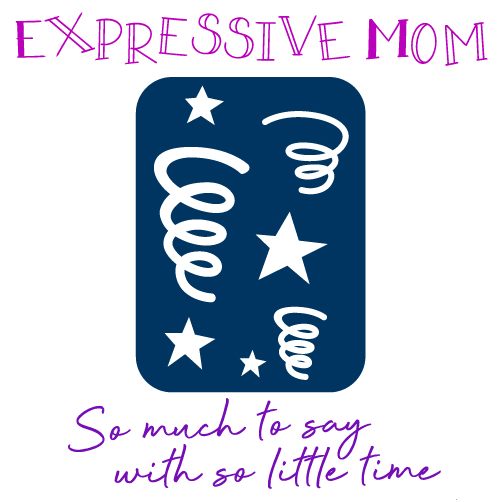Children with autismhttps://expressivemom.com/common-home-therapies-for-your-child-with-autism/ often face unique challenges when learning social skills, but with the right strategies and a supportive environment, they can make significant strides. We will discuss ways to help children with autism learn social skills so they can navigate social situations more effectively. From understanding social cues to managing emotions, these strategies can make a world of difference in your child’s social development and overall quality of life.
Model and Practice Skills
In assisting children with autism to master social skills, one effective approach is to model and practice behaviors. This process involves demonstrating social interactions clearly and providing opportunities for the child to practice these behaviors in a safe environment. For example, you might simulate a conversation, explaining each step as you go: greeting, maintaining eye contact, listening attentively, responding appropriately, and saying goodbye. By walking them through each component of an interaction, you can help your child understand what’s happening and how to react or respond. Regular practice of this modeling allows children with autism to gradually internalize these social skills, fostering their social development and enhancing their ability to interact with others.
Provide Structured Social Interactions
Providing structured social interactions is another essential step in promoting social skill development in children with autism. This strategy involves creating situations where the child can interact with others in a controlled and comfortable atmosphere. Such structured interactions might include planned playdates with peers, family gatherings, or participation in social skills groups.
During these events, children can apply the skills they’ve learned in the modeling process and receive gentle, supportive feedback to help them improve. Ensuring that these interactions occur in a safe and non-threatening environment can significantly reduce the stress associated with social situations. This way, children with autism are more likely to feel at ease, engage positively, and gradually enhance their social skills.
Enroll Them in an Autism Center
Enrolling your child in a specialized autism center can greatly improve their social skill development. These centers typically offer comprehensive, evidence-based programs designed specifically to address the unique learning needs of children with autism.
Highly trained professionals use various therapeutic techniques to help children better understand and navigate social situations. An important component of these programs is early autism intervention, which focuses on detecting social skill deficits at an early stage and addressing them promptly. Children with autism can significantly boost social skills with autism early intervention by increasing their adaptability and shaping their social behavior at an age when learning and change are most possible.
Through individualized attention, structured group activities, and consistent feedback, Autism Centers provide a comfortable setting for children with autism to sharpen their social skills and enhance their social interactions.
Now that you know how to help a child with autism develop social skills, you can apply these strategies today. Remember that patience and consistent effort are key in this process, as social skills development is ongoing. With time, practice, and the right support, your child can make significant strides in social interaction.



Connect With Me !